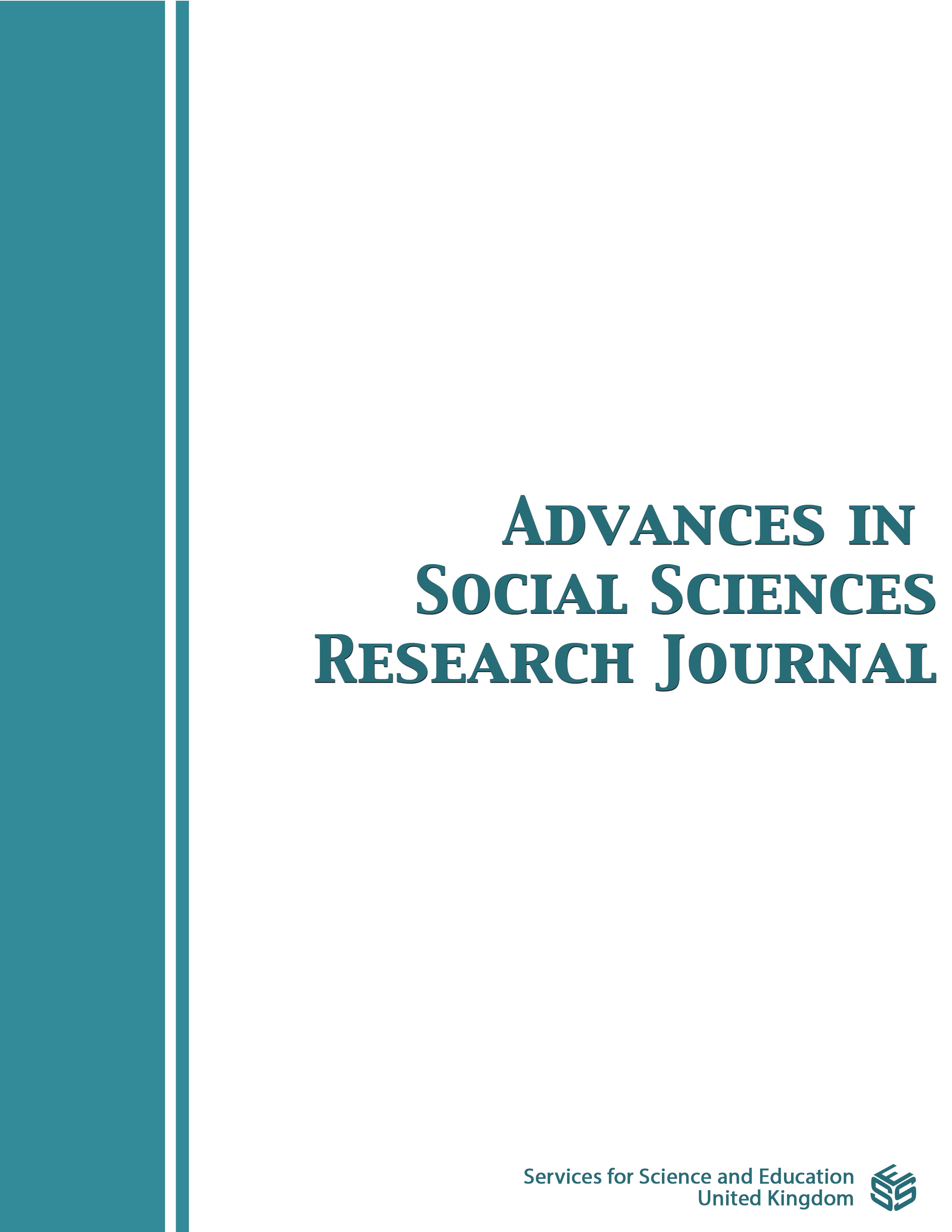Reconstruction of Public Organizational Regulations to Guarantee the Right to Freedom of Organization According to the Pancasila Democracy: Study of the Regulation of the Right to Freedom to Organize in Indonesia
DOI:
https://doi.org/10.14738/assrj.106.14693Keywords:
Community Organization, Freedom to Organize, Pancasila DemocracyAbstract
Indonesia is a democratic country and as a follow-up form in accommodating freedom in social life, the 1945 Constitution regulates guarantees for freedom of association, assembly, and expression of opinions. Freedom of association and assembly is one of the key rights in human rights because with this freedom humans can enjoy other rights and freedoms stipulated by law. Nevertheless, this freedom is not an absolute right, meaning that this freedom is subject to several restrictions which must also be stipulated in the law. This is not only a reflection, but a prerequisite in a democratic country. These restrictions are necessary if there is an interest in protecting national security or public safety, public order, protection of public health and morality, and protection of the rights and freedoms of other parties. This study uses a normative juridical method. The specifications of the research conducted by researchers and writers are analytical and descriptive. The data collection technique used in this study was a literature study. The data used is secondary data or second-hand data which is data obtained from research subjects as the main data. The data analysis to be carried out is a descriptive analysis. From the results of the research, it can be obtained that the Function of Community Organization Regulation is to Protect People's Right to Freedom to Organize, but the implementation of these regulations causes many problems including the emergence of social organizations that have deviated goals that are contrary to Pancasila and the Unitary State of the Republic of Indonesia, the birth of Community Organizations amid a large number of people. reaping the pros and cons of several parties, the rampant dissolution of social organizations, and criminal sanctions in Law Number 2 of 2017 concerning Community Organizations raise controversies that will have the potential for authoritarian government and violations of human rights and the Constitution, giving unlimited authority limited to the Minister of Home Affairs or the Minister of Law and Human Rights to determine whether the status of a social organization is against Pancasila or not, inconsistency between the implementation of social organization regulations and the guarantee and protection of people's rights to organize. Therefore, it is necessary to have the concept of regulation of Community Organizations that can guarantee the right to freedom of community organizations in the future.
Downloads
Published
How to Cite
Issue
Section
License
Copyright (c) 2023 Panti Silaban, John Pieris, Margarito Kamis, Aartje Tehupeiory

This work is licensed under a Creative Commons Attribution 4.0 International License.
Authors wishing to include figures, tables, or text passages that have already been published elsewhere are required to obtain permission from the copyright owner(s) for both the print and online format and to include evidence that such permission has been granted when submitting their papers. Any material received without such evidence will be assumed to originate from the authors.






